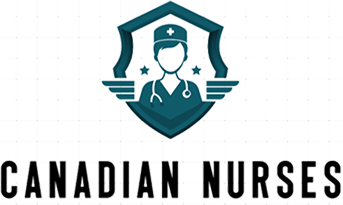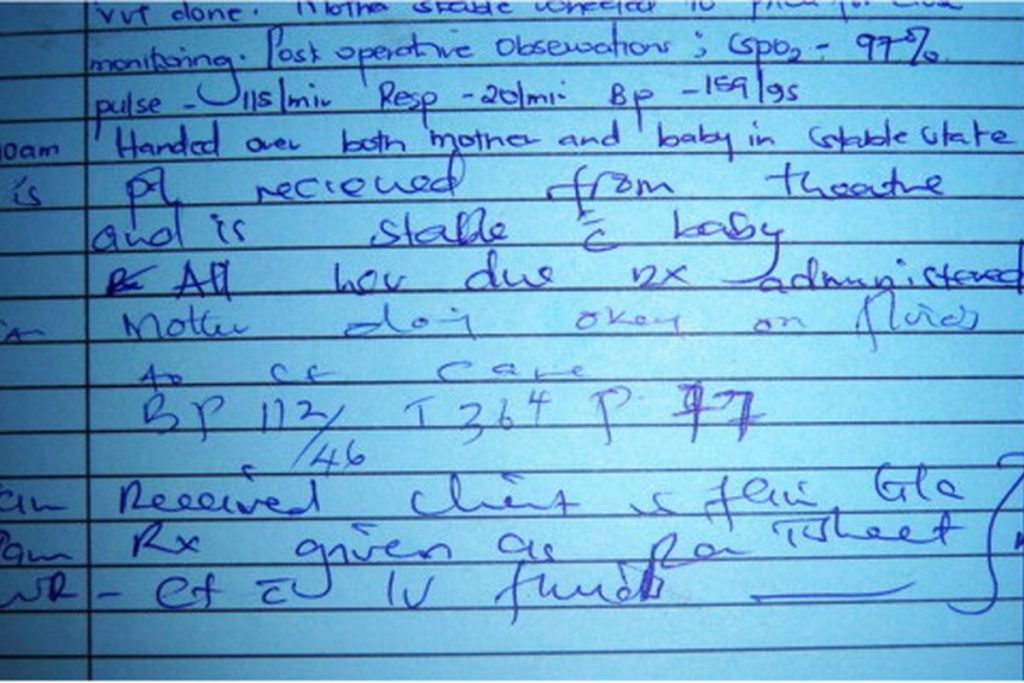Nurses play a pivotal role in caring for patients within the bustling world of healthcare. They’re not just the ones administering medications or taking vital signs; they’re also the eyes and ears of the medical team.
That said, one crucial aspect of their job is documenting patient care through nursing notes.
But what exactly are nursing notes? Why are they indispensable, and how do they benefit both patients and healthcare providers? Let’s find out!
What Are Nursing Notes?
Nursing notes, which are often referred to as nurses’ documentation or nurses’ charting, are written records of a patient’s care and health status. Every interaction, observation, and intervention made by a nurse is documented in these notes.
They contain vital information such as:
- Patient’s condition – Details about the patient’s physical, mental, and emotional state.
- Medications – Records of medications administered, dosage, and any adverse reactions.
- Treatment – Description of treatments performed, like wound care or physical therapy.
- Vital signs – Measurements like blood pressure, temperature, pulse rate, and respiratory rate.
- Changes in condition – Any improvements or deteriorations in the patient’s health.
- Doctor’s orders – Implementation and progress of physician-prescribed treatments.
- Patient’s response – How the patient reacts to treatments and interventions.
Why Are Nursing Notes Important?
Now that you have an overview of what nursing notes are, let’s talk about their many importance. These are as follows:
Continuity of Care
Nursing notes serve as a lifeline for continuity of care, especially in settings where multiple healthcare professionals are involved in a patient’s treatment.
Imagine a patient transitioning from the emergency department to a specialized unit or from the hospital to a rehabilitation facility. Without accurate nursing notes, crucial details about the patient’s condition, treatment plan, and progress could be lost in the transition.
These notes ensure seamless communication among care providers and allow them to pick up where others left off and maintain consistent care standards.
Ultimately, nursing notes help prevent gaps in care to further reduce the risk of errors and improve patient outcomes.
Legal Protection
In today’s litigious society, thorough documentation is paramount for legal protection in healthcare. Nursing notes serve as a shield, offering defense against malpractice claims, allegations of negligence, or other legal disputes.
By meticulously recording every aspect of patient care, nurses create a detailed narrative that can be used as evidence in legal proceedings.
Whether it’s confirming adherence to established protocols, documenting informed consent, or providing a timeline of events, comprehensive nursing notes bolster the credibility of healthcare providers and safeguard both patients and professionals alike from unwarranted accusations.
Communication
Effective communication lies at the heart of quality healthcare delivery, and nursing notes are a crucial tool for facilitating this communication.
Whether it’s a shift change handover, interdisciplinary team meeting, or consultation with specialists, nurses rely on these notes to convey essential information about the patient’s condition and care plan.
Clear, concise documentation ensures that all stakeholders are well-informed and can collaborate efficiently to meet the patient’s needs. From medication adjustments to upcoming procedures, nursing notes serve as a common language that bridges the gap between different healthcare disciplines, fostering teamwork and synergy in patient care.
Monitoring Progress
Tracking a patient’s progress is a fundamental aspect of nursing care, and nursing notes play a vital role in this process. By documenting changes in the patient’s condition, responses to treatments, and trends over time, nurses can monitor progress and identify deviations from the expected trajectory.
This allows for timely interventions, adjustments to the care plan, and proactive management of potential complications. Whether it’s a gradual improvement in mobility after physical therapy or a sudden spike in temperature indicating infection, nursing notes provide valuable insights that inform clinical decision-making and promote optimal patient outcomes.
Safety Checks
Patient safety is non-negotiable in healthcare, and nursing notes serve as a frontline defense against potential risks and errors.
Documenting critical information such as allergies, adverse reactions to medications, and other safety concerns allows nurses to create a comprehensive safety net that helps prevent harm to patients. Before administering medications or performing procedures, healthcare providers rely on nursing notes to cross-reference vital details and ensure that interventions are safe and appropriate for the individual patient.
Moreover, by highlighting potential risks and precautions, nursing notes empower healthcare teams to proactively mitigate hazards and uphold the highest standards of patient safety.
Quality Improvement
Continuous quality improvement is essential for enhancing patient care and optimizing healthcare outcomes, and nursing notes provide a treasure trove of data for this purpose. By analyzing patterns, trends, and outcomes documented in nursing notes, healthcare facilities can identify areas for improvement, streamline processes, and implement evidence-based practices.
Whether it’s reducing medication errors, enhancing discharge planning, or improving patient satisfaction scores, insights gleaned from nursing notes drive meaningful changes that elevate the quality of care delivery.
By fostering a culture of reflection, learning, and innovation, nursing notes pave the way for continuous improvement and excellence in healthcare delivery.
Research and Education
Nursing notes don’t just act as a record of patient care, as they are also a valuable resource for research and education in healthcare. De-identified data extracted from nursing notes can be analyzed to identify patterns, trends, and outcomes across patient populations.
Researchers use this information to study disease processes, evaluate treatment efficacy, and inform evidence-based practice guidelines. Moreover, nursing students benefit from studying real-life cases documented in nursing notes, gaining insights into clinical reasoning, decision-making, and best practices in patient care.
By bridging the gap between theory and practice, nursing notes contribute to the advancement of knowledge and skills in nursing education and professional development.
Patient Engagement
Engaging patients as active participants in their care is essential for promoting autonomy, empowerment, and adherence to treatment plans.
Nursing notes play a crucial role in this process by providing patients with insights into their condition, treatment options, and progress. By sharing simplified versions of nursing notes with patients, healthcare providers empower them to understand their care journey, ask informed questions, and actively participate in decision-making.
This collaborative approach fosters trust, strengthens therapeutic relationships, and ultimately leads to better treatment outcomes and patient satisfaction.
By putting patients at the center of care and involving them in the documentation process, nursing notes promote patient-centered care and support holistic healing and wellness.
Conclusion
Nursing notes are a cornerstone of patient care in healthcare settings. They provide a detailed record of the care provided, ensuring continuity, legal protection, effective communication, and safety.
By facilitating monitoring of progress, quality improvement, and research, nursing notes contribute to the advancement of healthcare practices. Moreover, involving patients in their care through nursing notes promotes empowerment and collaboration.
Thus, the importance of nursing notes cannot be overstated in the realm of healthcare.

